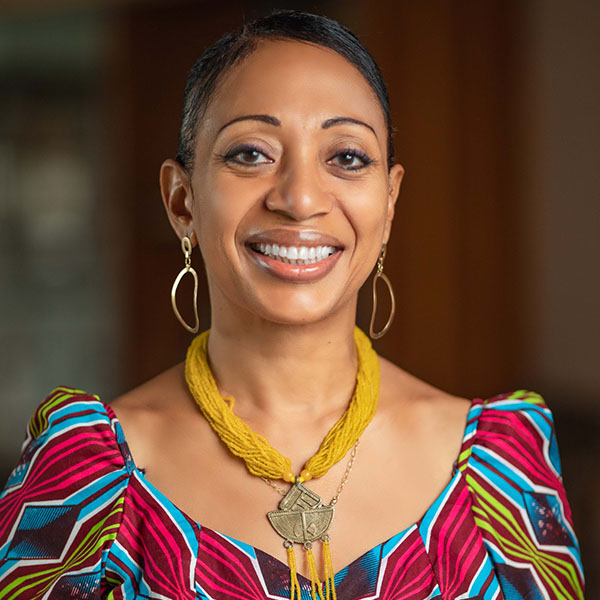Samia Nkrumah, the daughter of Ghana’s first President, Dr. Kwame Nkrumah, has ignited a significant debate regarding the name of Kotoka International Airport. In a recent statement, she advocated for the airport to be renamed, citing the historical implications of its current namesake, Lieutenant-General Emmanuel Kwasi Kotoka, who played a pivotal role in the coup that overthrew her father in 1966.
Nkrumah’s call to action is grounded in her belief that honoring Kotoka through the airport’s name sends a negative message about Ghana’s values and history. “It gives the wrong signal to name the airport after someone who contributed to the stagnation of our economy,” she asserted, highlighting the need for a name that reflects Ghana’s struggle for democracy and development rather than one associated with its disruption.
The discussion surrounding the airport’s name has garnered mixed reactions from the public. While some support Nkrumah’s proposal, advocating for a name that honors Ghanaian heritage and contributions to national development, others argue against changing a name that has become synonymous with Ghana’s international identity.
Among those advocating for change are members of the GaDangme community, who propose renaming the airport after a prominent leader from their ethnic group. They argue that such a move would acknowledge the significant contributions of GaDangme leaders to the nation’s growth and development, fostering a sense of pride and representation within the diverse tapestry of Ghanaian society.
This debate is not just about a name; it encapsulates broader themes of national identity, historical memory, and reconciliation. As Ghana continues to navigate its post-colonial legacy, discussions about symbols and names become critical in shaping public consciousness and fostering unity.
As the conversation unfolds, it remains to be seen whether there will be official moves to reconsider the airport’s name. Lawmakers and stakeholders may need to engage with various community leaders and historians to explore potential alternatives that reflect Ghana’s rich heritage while honoring its complex history.
The dialogue surrounding Kotoka International Airport serves as a reminder of the ongoing impact of history on contemporary society and the importance of inclusive representation in national narratives.





